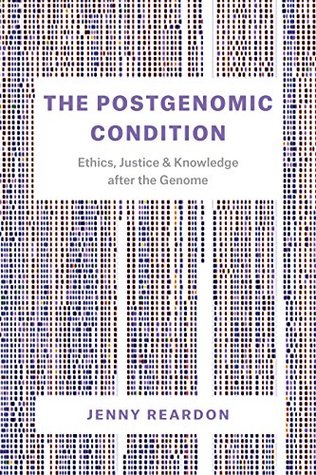Kindle Notes & Highlights
Read between
May 17 - May 19, 2019
Tim Hubbard, then head of sequence analysis at Sanger, explored the possibility of using a “copyleft” agreement developed by the free software movement to protect the public project’s human genome data. Such an agreement would have provided a formal legal meaning to the Bermuda principle of open access, specifying that all were free to use HGP genome data but could place no restrictions (or example, patents) on its further development. The Wellcome Trust devoted serious resources into developing this idea. John Stewart, its head of legal matters, even created a draft license agreement.
...more
Universities and companies alike increasingly use the techniques and media of the sales pitch to communicate with patients. Billboards imploring citizens to support genomics and biomedicine spot the highways. This form of communication differs markedly from HapMap community engagements and Generation Scotland focus groups. Instead of understanding what people want and believe and then attempting to create practices and policies that align with the will of the people, today’s precision medicine initiatives begin with the policy—share data—and then attempt to “put” ideas into citizens’ heads
...more
It is no longer possible—if it ever was—to imagine that the institutions and practices that create information sit outside of power, helping citizens to make democratic decisions. Instead, they are conduits and centers of economic and political control. Thus, it should not surprise that postgenomic calls for more open flows of information and more robust informed consent procedures failed to provide the grounds of public trust or ethical action. As the cultural critic Jodi Dean astutely observed at the beginning of this millennium: “No one today should accept a model of political life that
...more


